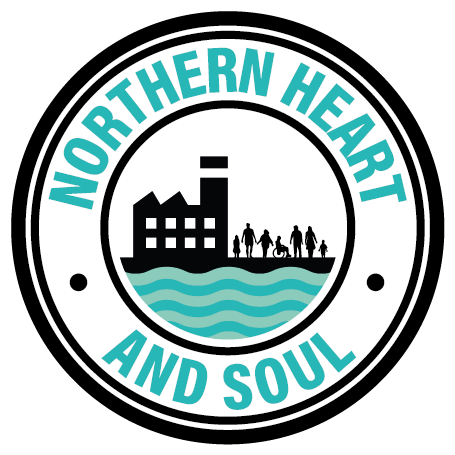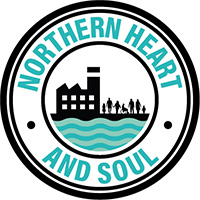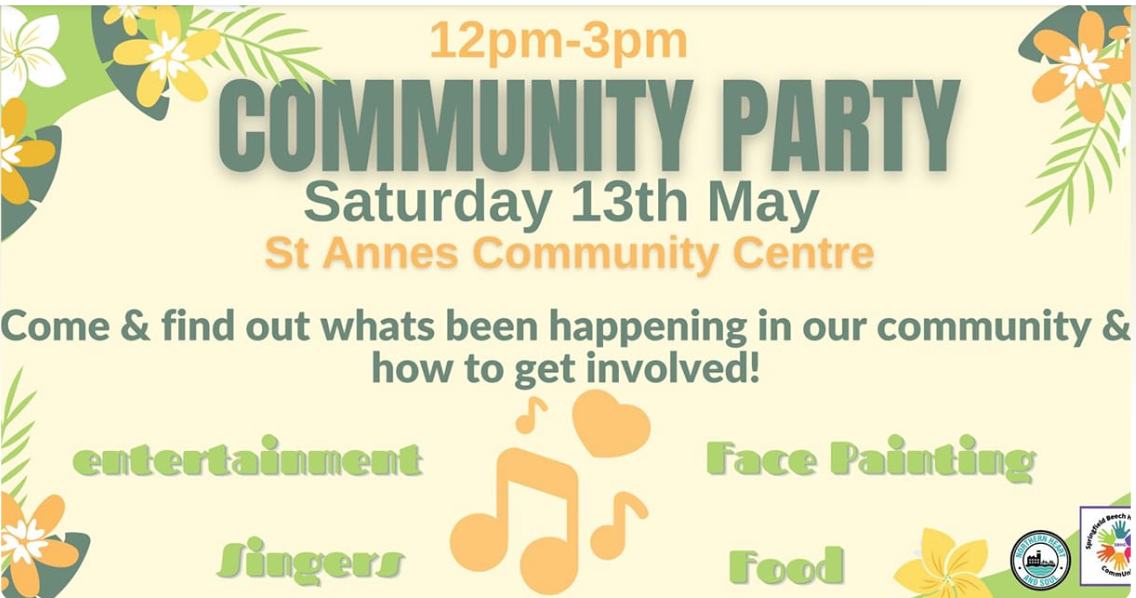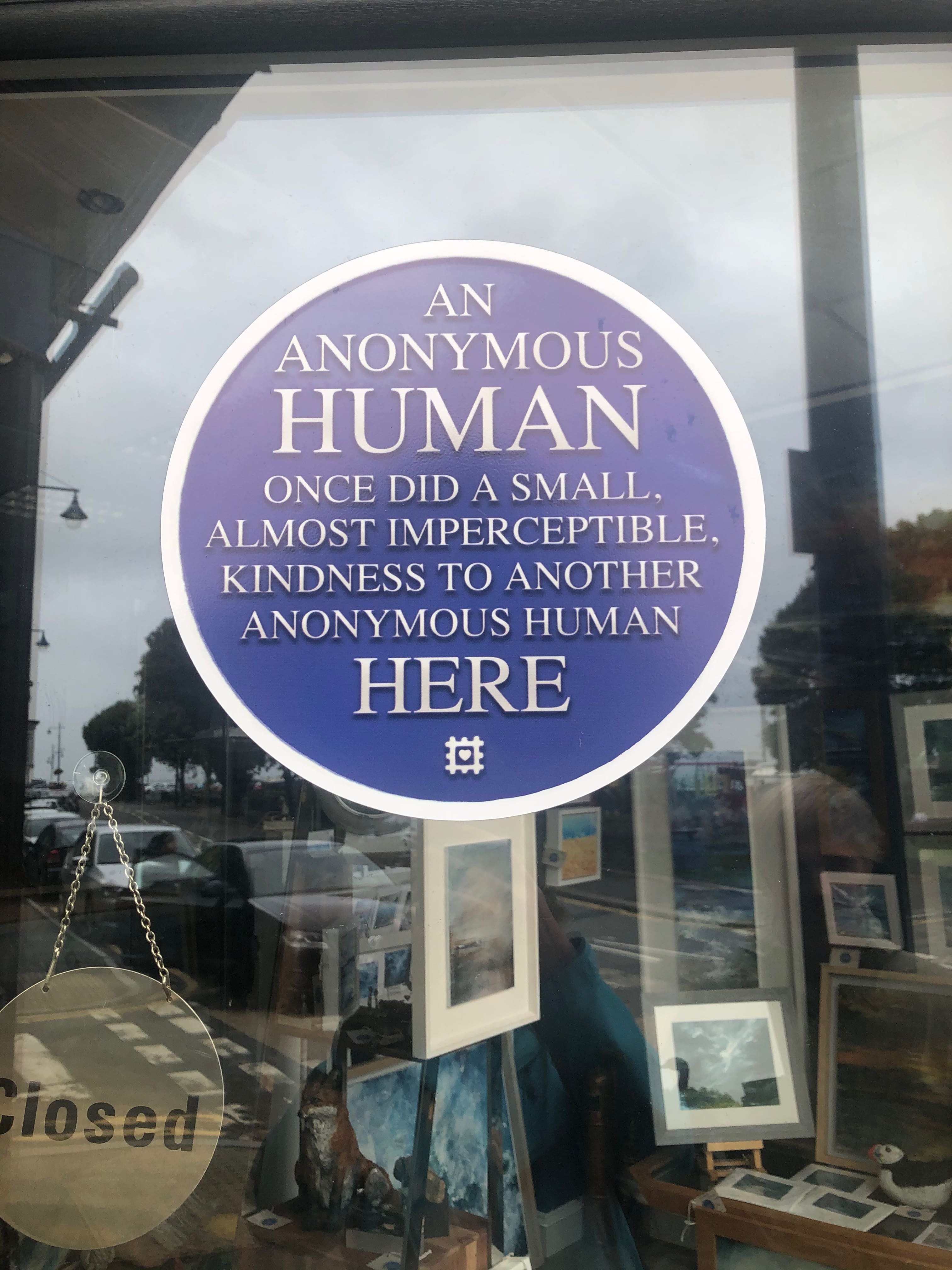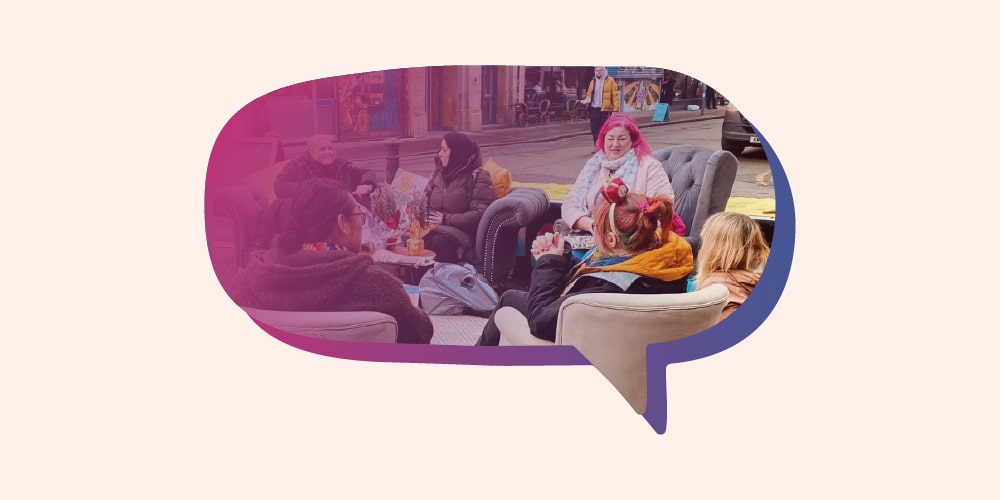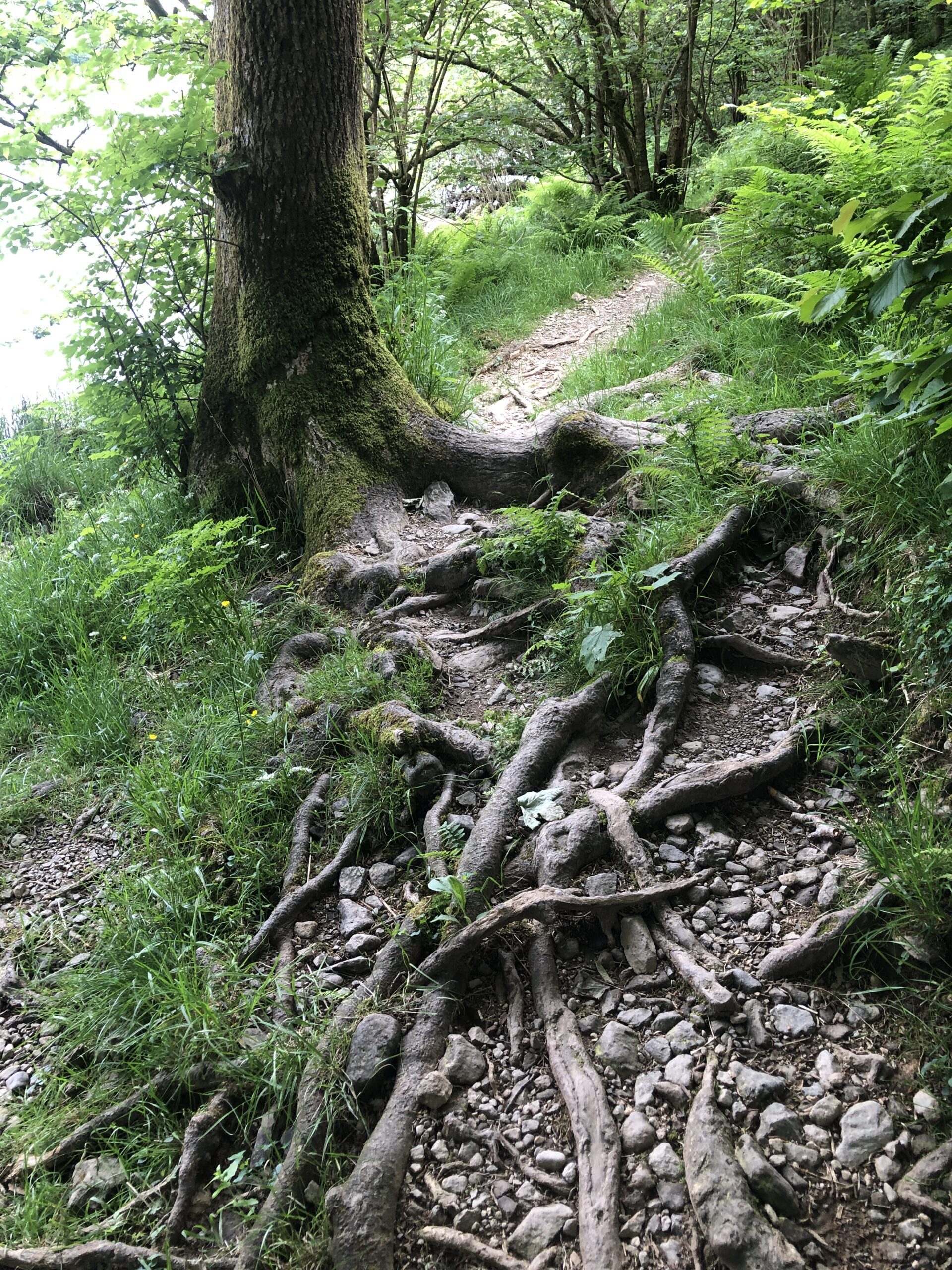
Your Story and Friendship
Anyone who knows me knows that I’m usually one that can be found asking people to really consider and think very carefully before sharing personal stories. Especially people who’ve been through the mill trying to access services and had to almost repeat trauma daily, learning as they do, which bits seem to open doors. So they repeat those continually and sometimes to anyone who might listen. Often to complete strangers as a means of introduction.
I haven’t always thought like this, it’s grown from learning and experience of unintentionally causing harm to others. There’s a real temptation when doing great work and seeing the impact to ask others to share their experience, as we know stories change minds and hearts and can help to shift investment to where we know it would be most useful. Sometimes we can overlook the risk to the person, that they may become the character in the story they tell- the hero who overcomes adversity and goes on to achieve greatness. Sometimes believing another hero has saved their life can mist the goggles of informed consent. This can be really tricky and harmful sometimes, especially when people have set backs. People also judge, that’s a fact. In a world where unfortunately we have toxic systems with people fighting to stand over each other for power and glory, your story can be seen as a weakness, and can be used against you. I know that first hand. Unless you want to make money, or a trade or a business out of your story, I’d say keep it to yourself or be selective about where you share. Think about timing, purpose, audience, benefits and risks. It’s okay to say no too.
The over sharing of trauma stories is something that’s showing up in the local work. A symptom of internalisation. ‘Hello, pleased to meet you, I’ve got xxx labels and this has happened to me.’ A sign of systemisation, of having being treated like a commodity rather than a human being. To know yourself only from a traumatised and oppressed perspective. That kind of messed up view and definition of resilience. And there’s such a market for it these days within the lived experience and expert by experience porn industry.
My lived experienced is what’s led to my ability to empathise, to get alongside and to be humble in my everyday encounters with people. I don’t need a badge to say, ‘come and talk to me if you’ve experienced…’ I share my life experience intimately in trusted relationships, when I feel it might be useful. When the time is right. Sometimes people might guess I’ve experienced similar just by the way I am when we talk about things. And it’s in the past, I’m not living it. I’ve spent years healing. Sharing experience is a very human and natural thing to do. We need to take care that those seeking to coproduce or demonstrate how good they are don’t exploit it.
You could say in the local work, we’ve now cultivated one peer support network. A group of around 12 people who have different levels of friendships and support offers within the group. They call themselves friends and talk eloquently about the depth of those friendships. It’s an intergenerational group with ages that span from 19-84, and that’s really joyful to see and experience. It makes your heart sing to see the reciprocity and mutuality. There’s much more that could be said about that, but that’s their story to tell.

The story I want to share is centred on the hosting or stewarding of the group. The way we’ve gently, yet in a boundaried way talked about boundaries, the way we’ve been alongside as they’ve grown their understanding of safeguarding themselves and each other, the way they’ve begun to heal together and grow in each others company.
There’s something about the invitation at CommUnity Corner that is enabling this. The open door, the invitation to self organise as citizens rather than customers or users, or clients looking to be discharged. The space to create and the starting point of needed rather than needy. It’s an unfamiliar invitation and one that many people have been longing for, particularly those who’ve been knocking on doors and windows for years, have maybe experienced secondary trauma from services, or rarely leave their own door. It’s an invitation into community. With commissioned services ticking boxes and counting signposts it’s led to many of us forgetting what community feels like, until we re experience it, and then we wonder why we ever let it go.
Last week we experienced our first small group gathering with folk who you might call ‘peer supporters’. In reality they’ve rediscovered community. We’re at the start of something special, you could feel it in the room. The depth of witnessing was emotional and healing and the ripple from the 90 minutes we spent together can be felt in the Corner. The level of trust meant we could talk honestly, about the challenges of keeping the doors open to others when deep friendships begin to form. And we enjoyed the time together so much we want to come together to experience deep listening regularly.
As hosts and convenors it’s our job to be useful to this peer network, to support the community. To acknowledge that for some, maintaining and sustaining friendships has been tricky so how do we model still being alongside in a boundaried way when relationships break down? How do we get alongside people when having tricky conversations with each other and together? How do we practice healing centred ways when unresolved trauma is surrounding us? How do we find peace and harmony in groups where people have different views, some of which are harmful to others? How do we encourage dialogue, conversation and mutual understanding without creating ‘rules’ and ‘behaviours’ that teach people compliance rather than authenticity? And, how do we do that whilst keeping each other safe?
There’s a lot to think about and work out together that’s for sure.
